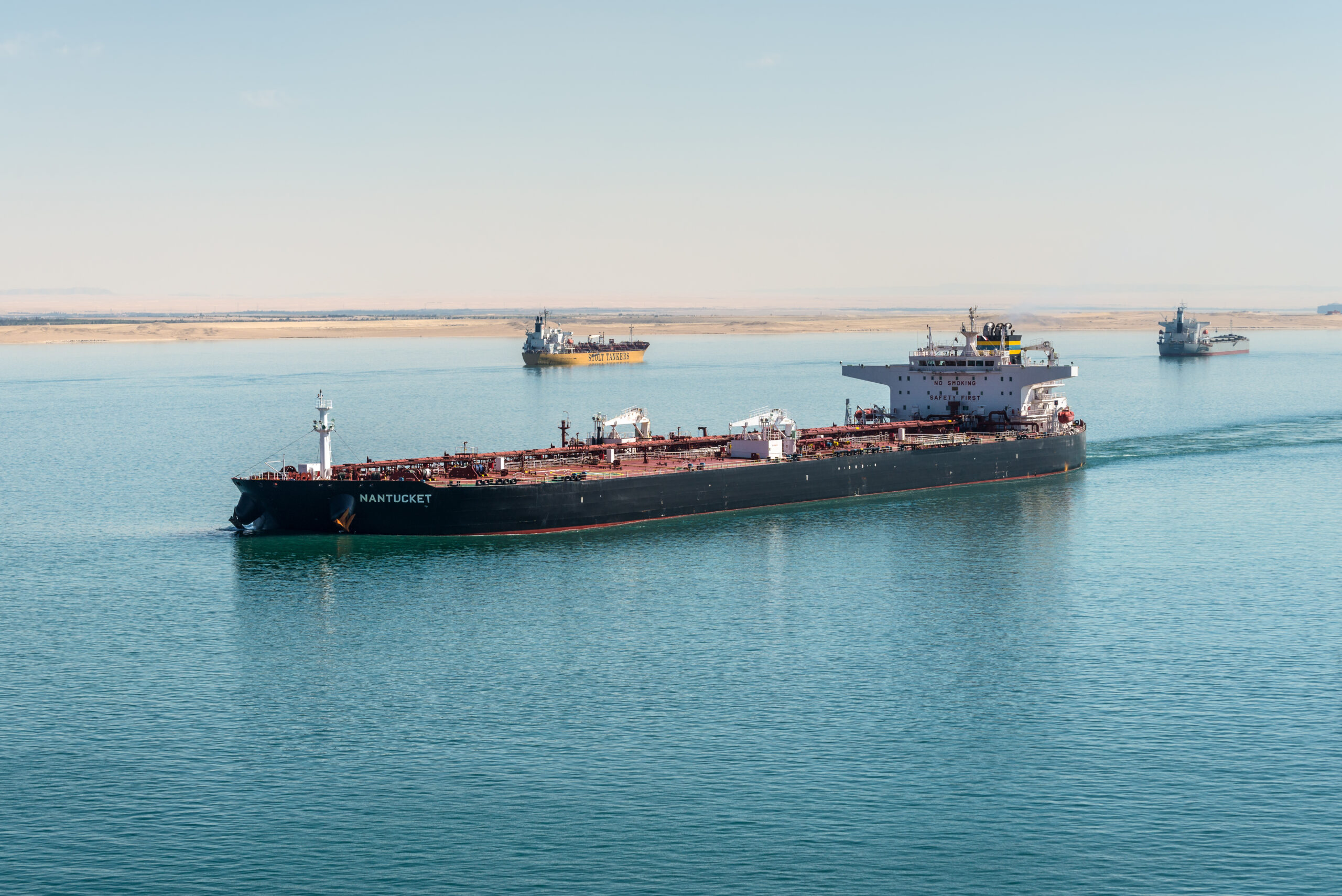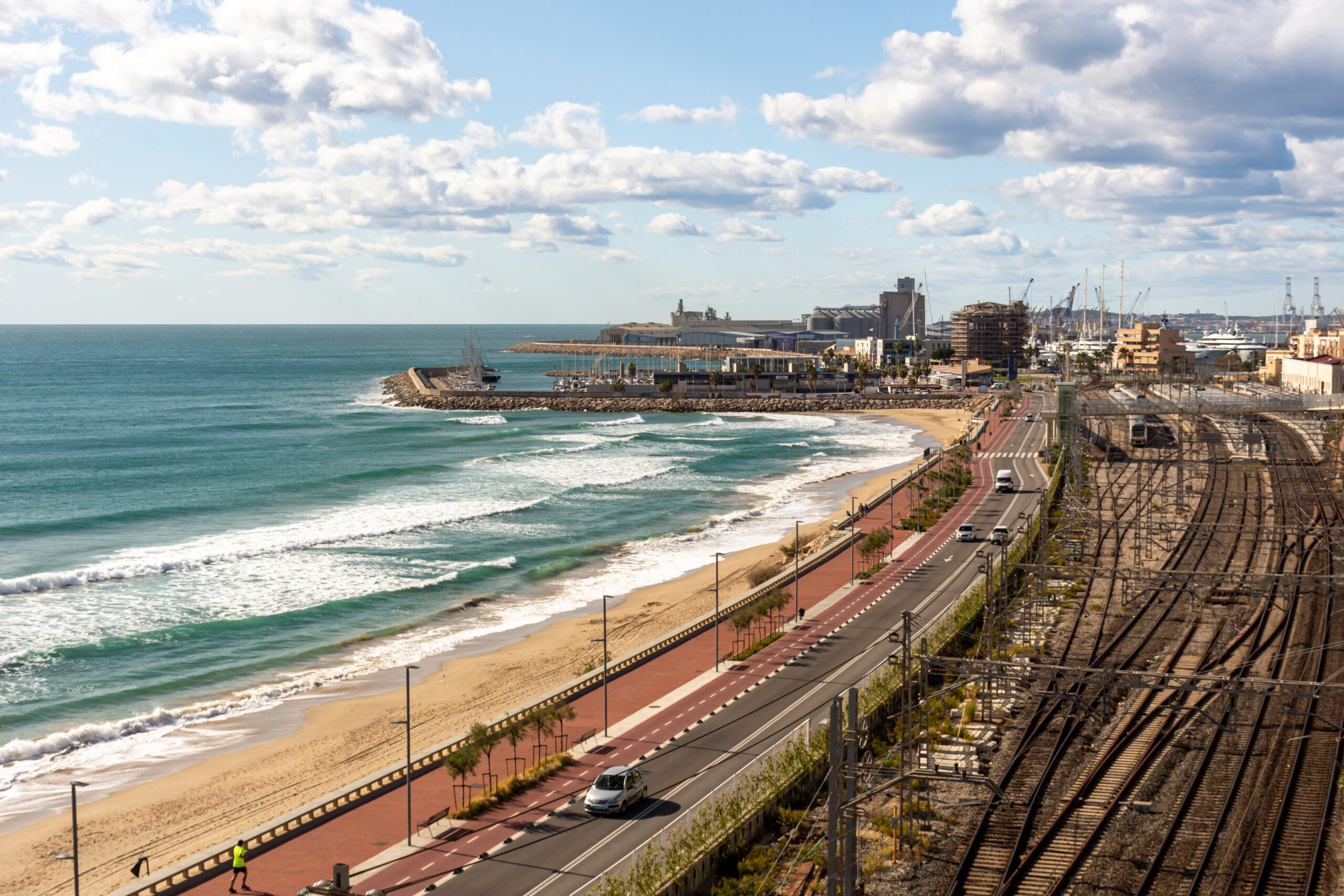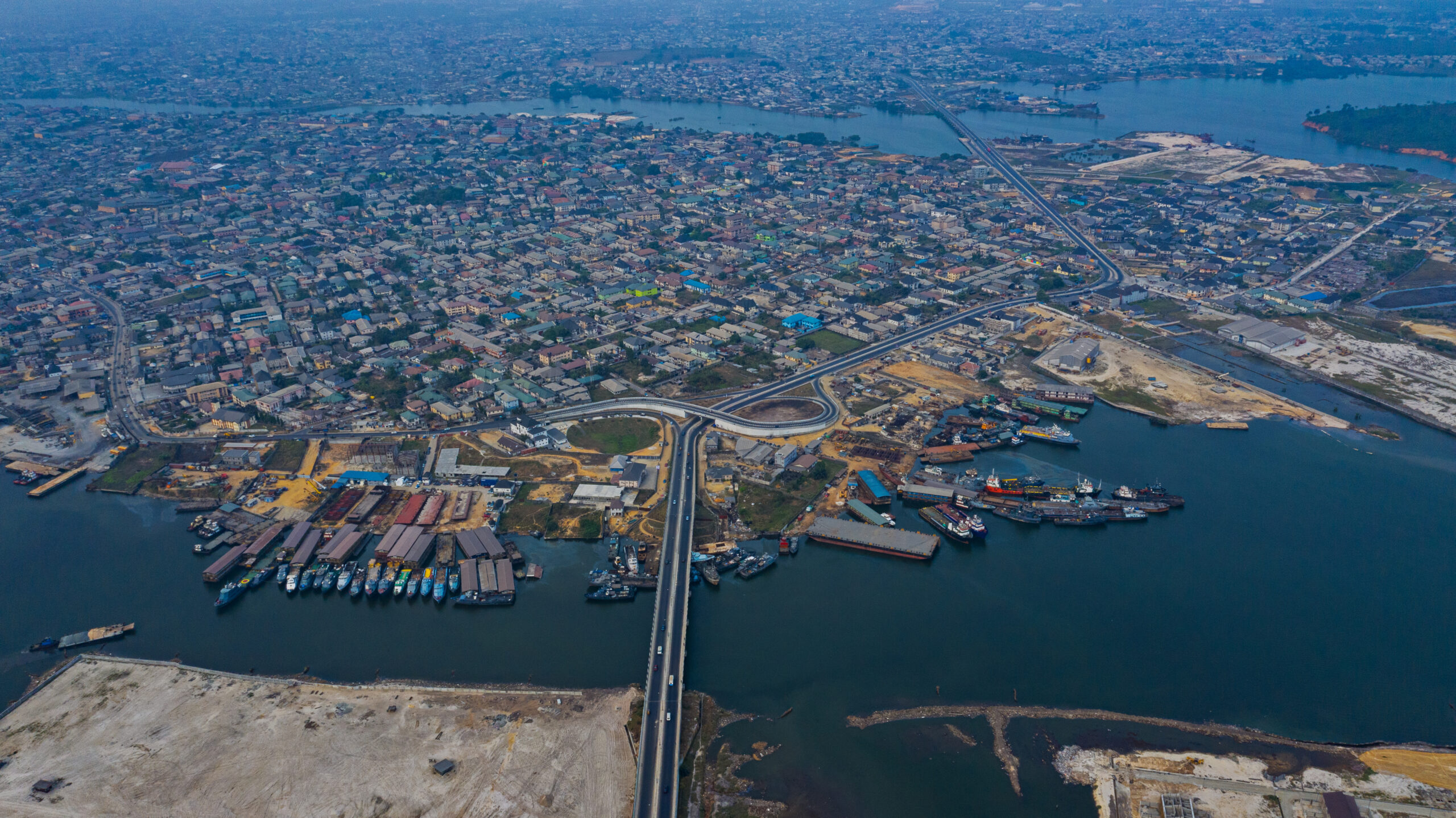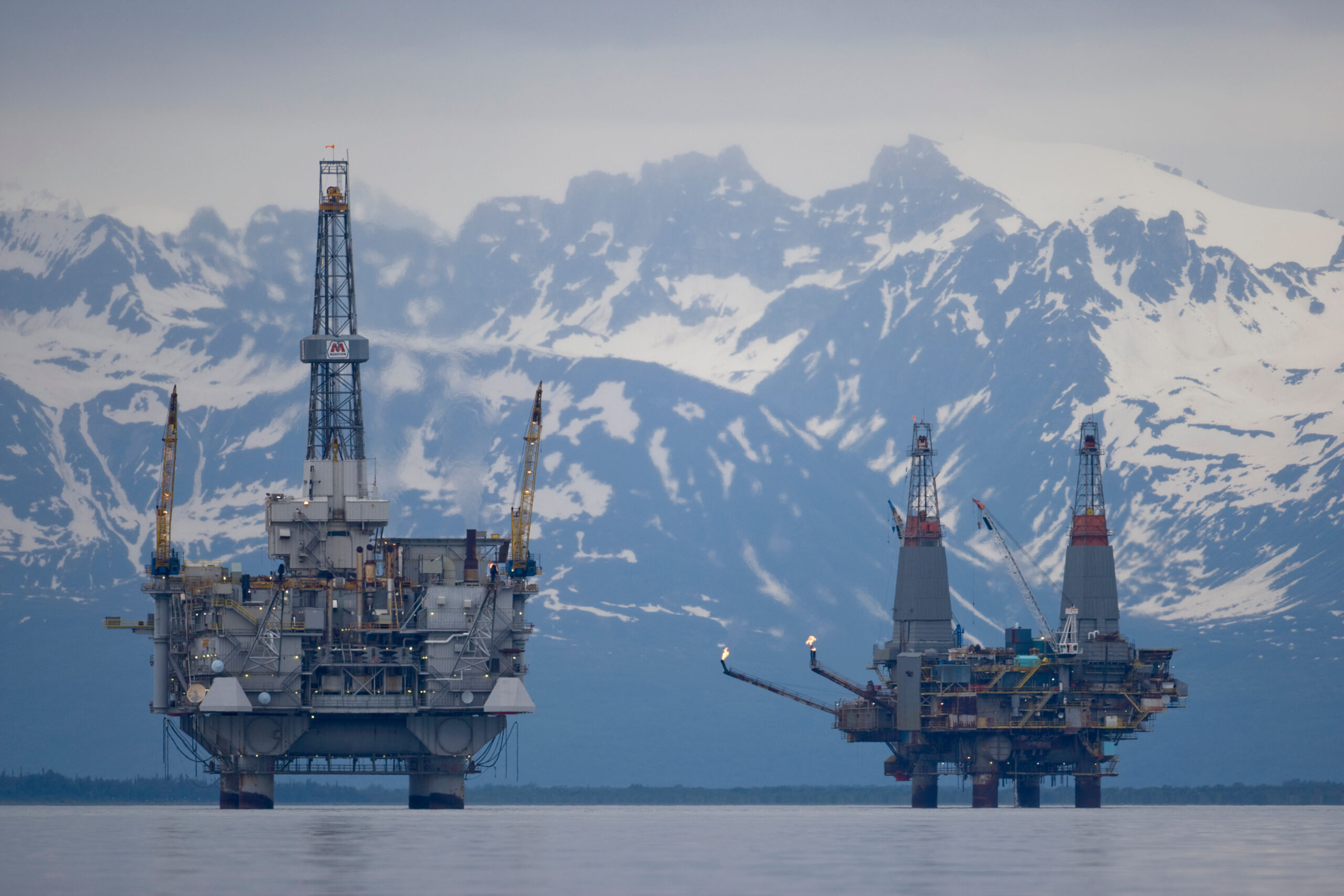Intercepted stolen Nigerian crude sparks environmental concern
Security operatives set ablaze a vessel with 800,000 litres of stolen Nigerian crude oil, sparking environmental concerns.

Recently, security operatives from the Joint Task Force, Operation Delta Safe, collaborated with Tantita Security Services to publicly set a vessel carrying 800,000-litre drums of stolen Nigerian crude oil ablaze in the Escravos region of Delta State.
Valued at $86.8 million, the vessel, purportedly owned by a Nigerian-registered business, was travelling to Cameroon with the cargo when the captain and crew were detained. Officials also said the vessel had operated in stealth mode for the last 12 years.
Garba Muhammad, Chief Corporate Communications Officer at Nigerian National Petroleum Company (NNPCL), noted that destroying vessels involved in transporting stolen crude oil served as a strong deterrent.
Similarly, in May, a barge carrying more than 600 barrels of crude oil from illegal bunkering was confiscated and destroyed in Warri, Delta State, by the military and Tantita Security Services.
Considering its economy heavily depends on oil and gas, Nigerian crude oil theft has been a decade-long problem. It has had detrimental effects on Nigeria’s economy and national security, with unimaginable volumes of oil being stolen in the fossil fuels sector.
Crude oil theft is common in producing countries around the world. A United Nations report revealed that oil is the largest stolen natural resource globally, while fuel is the most smuggled natural resource costing $133 billion annually. The report also noted that oil theft equates to 5–7 percent of the global crude oil and petroleum fuel market.
In 2022, NNPCL said it uncovered an illegal oil connection from Forcados Terminal that operated for nine years, with about 600,000 barrels per day of oil lost in the same period. Government Ekpemupolo, popularly known as Tompolo, also reported that since the operation to stop oil theft on the waterways of Delta and Bayelsa states began, roughly 58 illegal oil points have been detected.
The Nigerian Extractive Industries Transparency Initiative (NEITI) said that Nigeria lost 619.7 million barrels of crude oil valued at N16.25 trillion ($46.16 billion) to crude oil theft between 2009 and 2020. Based on the report, the volume of crude oil stolen represented a loss of over 140 thousand barrels per day. Between 2009 and 2018, Nigeria lost 4.2 billion liters of petroleum products from refineries valued at $1.84 billion.
Environmental concerns
At COP27 last year, Former President Muhammadu Buhari made more commitments, on behalf of Nigeria, to tackle the global climate crisis. He also urged world leaders to stop the blame game and avoid delays in implementing efforts to tackle climate change. This is to reduce Nigeria’s greenhouse gas emissions while protecting the nation’s ecosystem and environment from the effects of climate change.
However, Nigerians and experts have widely condemned the burning of the crude oil vessel, describing it as disrespectful to the environment and human lives, considering how the vessel was destroyed without attempting to comply with international best practices.
Nnimmo Bassey, Executive Director of the African think-tank Health of the Mother Earth Foundation, condemned the destruction of the vessels, describing it as an utter disregard for the constitutional right to a safe environment, according to a statement obtained by Gas Outlook.
The environmentalist said the destruction could worsen ecological pollution issues in the Niger Delta. “One drop of crude oil contaminates 25 litres of water. Imagine what 800,000 barrels of crude oil would do. It means destruction of fisheries and of livelihoods. It also means directly poisoning our people. It is shocking and unacceptable. The entire thing seems to have been staged for some unknown purposes. How can security agents bomb a crude oil loaded vessel with Nigerians watching and filming as if they were being entertained.
“Oil theft is a crime. Blowing up a vessel loaded with crude oil is a higher order of malfeasance. The security forces need some training on environmental and climate crises. What has played out is sickening on many levels. Economic waste. Ecological assault. Security cannot be a valid reason for blowing up the vessel. We need to know why this was done. And urgently too.”
He urged government agencies to adopt safe ways of handling rogue vessels, including ways of putting them out of commission. “Outright destruction of vessels on the high sea is not environmentally acceptable. It is time for the Joint Task Force to begin to work with environmental experts and those who are genuinely concerned about the environment to protect lives and livelihoods.”
Also, Jide Pratt, an oil and gas professional in Nigeria, said the country already has enough environmental issues, including gas flaring. He said adding burning of crude on the ships is totally unacceptable as it poses environmental concerns of pollution and loss of source of livelihood for farmers.
“The need to protect our pipelines comes to bear again and the security agencies need to nip this in the bud by prevention rather than after loading and being shipped. Ship beacons need to be monitored as well as waterways as the navy is responsible for naval clearances.”
Lawmakers fault government action
Nigeria’s lower chamber, the House of Representatives, faulted the military and the Nigerian National Petroleum Company for setting ablaze the vessel. To lessen environmental pollution in the Niger Delta region, lawmakers pleaded with security authorities to stop setting ablaze ships carrying stolen crude oil when they are apprehended.
The lower chamber also resolved to create an ad-hoc committee to investigate and curb Nigerian crude oil theft.



